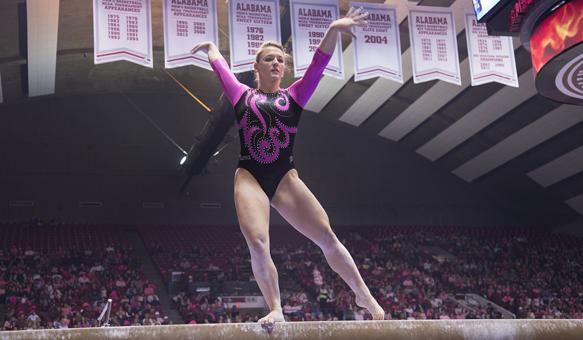I’ll never forget that damp Montgomery day. I was on a trip with my peers learning about governmental functions and departments; honestly I can’t remember much of what we did. My mom had found a small lump in her chest a few days prior, but she assured us it wasn’t a big deal. When I got a text asking me to call her, I knew.
“I have cancer.”
I remember the sun staring me in the face, suddenly growing blue and absent. I found myself on an empty street with the wind falling limp and the shade providing no solace. My throat was parched, my speech dry and my words without form.
I stood alone, but my soul was bowed.
My mother is the embodiment of compassionate long-suffering, the epitome of a nurturing guardian, the beacon of forgiving embrace. Questions raced yet stood still long enough to be glimpsed and scurried off before they could be wrestled.
Why her? How is this fair? Is there hope? Why can’t we fix it?
There were countless tears shed, unending radiation treatments and intentional states of denial that followed in the months to come. There were friends who supported us valiantly, strangers who sent encouraging words and those who just didn’t know how to help but tried. There were days I questioned everything and days I accepted the good and the grace present around me.
But at the heart of it all, cancer is not a linear story. Its an amalgamation of all that we fear—decay, death and chaos—and an assault on all that we are—hopers, dreamers and believers. My mom’s journey through the news—the lumpectomy, the treatment, the ailments, the weakness, the sorrow, the faith, the hope, the love and ultimately the healing—is not just her journey.
Months prior to to her diagnosis, I had played the fool. As NFL referees threw pink flags I remember remarking, “Why does breast cancer get its own awareness month? Aren’t they all important? What does awareness really do anyway?”
I failed to recognized the corporate and communal aspect of breast cancer, but I learned my lesson. Twelve percent of women develop breast cancer at some point in their lifetime. Localized breast cancer has a 99 percent five-year relative survival rate if detected. In simple terms, one in eight women will have breast cancer, but they all have an incredible shot of beating it if detected early enough.
In a culture and time filled with advancements for women’s rights, we cannot afford to stand by and watch a preventable war wage against those we love. This is a fight, and we all have a role to play. Whether we aspire to be the resilient doctors and nurses researching disease and treating patients, or we are the valiant nonprofit executives, donors and comforters of those afflicted, breast cancer must be combated by us all.
So tonight when you attend the Power of Pink gymnastics meet, remember. Remember those who have fought and won. Remember those who have fought and lost. Remember that you can make a difference.
Will Sorrell is a senior majoring in finance. His column runs biweekly.









